Frank H. Wu: 'Stand-up' activist, educator
Updated: 2015-03-20 12:16
By Lia Zhu in San Francisco(China Daily USA)
|
||||||||
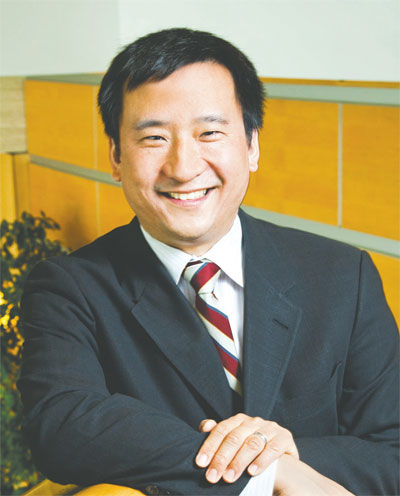 |
|
Frank H. Wu, Chancellor & Dean of University of California Hastings College of the Law. Provided to China Daily |
"It's not fair."
When Vincent Chin, a young Chinese American, uttered his final words before he was bludgeoned to death by two white autoworkers in 1982's Detroit, Frank H. Wu, a then-15-year-old boy living 12 miles away, was unaware of the impact the murder would have on his life.
The once prosperous Detroit fueled by the auto industry was undergoing economic anxiety due to global competition and the oil crisis in the 1970s, which resulted in racial tensions as whites blamed people of Asian descent for taking away their jobs. Vincent Chin was a victim of that prejudice.
"When I was a kid growing up, on the playground at school, every day I would be called 'chink,' 'jap' or 'gook' and challenged to karate," recalled Wu, now chancellor and dean of University of California Hastings College of the Law.
After his father was hired by Ford Motor Company as an engineer, the family moved to Detroit in the 1960s, where he spent most of his childhood feeling "unusual".
Wu said he took this as "common childhood cruelty." Like most kids, he just wanted to fit in.
Were it not for the Vincent Chin case, "I would have never talked about issues like race, or civil rights," he said.
"I remember the haunting photograph of a smiling, fresh-faced Mr Chin, shown repeatedly in newspapers and on TV, and the tears of his mother, Lily Chin, who lamented that his killers had escaped justice. Mr Chin was buried on the day he was to have been married," Wu wrote in an article published in 2012, the 30th anniversary of Chin's death.
"This case was - not just for me, but for many people - an awakening," Wu said. "It made me realize how important it is to stand up and speak out, and protest injustice."
Civil rights activist
From 1995 to 2004, Wu taught law at the historically black college Howard University, where he developed as a thinker and wrote about topics such as civil rights and civil liberties, affirmative action and multiracial identity.
"I was surrounded by Afro-Americans. I saw that I enjoyed privileges. It's easier for me to walk down a street than for a young black man. Nobody really thinks that I am a thug, a purse-snatcher or a murderer. Because I'm Asian, they think I am a genius or a concert pianist," Wu said.
In his book Yellow: Race in America Beyond Black and White, published in 2002, he argues that the "model minority" myth - Asian-Americans as overachieving nerds - persists.
"Asian Americans were seen as model minorities, we were also perpetual foreigners. Taken together, these perceptions can lead to resentment. And resentment can lead to hate," Wu wrote.
Wu pointed out three steps for Chinese Americans to strive for equality: stand up and speak out; build bridges to others, and organize.
"Chinese Americans first have to admit there's discrimination. Sometimes it is embarrassing to admit someone has been mean to you, or unfair," Wu said. "It takes guts to do that."
"For many Asian immigrants, who come from a culture where you are not supposed to make waves, the first step is to get angry and feel empowered, to think: 'This is wrong, you can't do this to me'," Wu said.
The second step is to build a bridge to others who face similar issues to this, and this means reaching out to someone who's Japanese, Hispanic, black, Jewish, or Arabian, according to Wu.
"Historically, Japanese hate Chinese and Chinese hate Japanese. But here in America, Chinese Americans and Japanese Americans have come together."
"It doesn't matter Chinese and Japanese don't like each other. Here we have a common cause, a mutual defense," he said.
It might be from the Chinese cultural influence of teaching being a high calling that Wu went back to law school as a teacher after two years' practicing law in San Francisco.
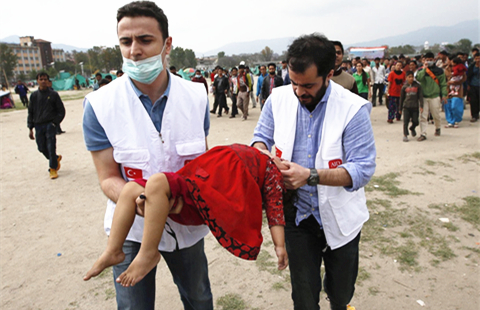
 International rescue teams head to quake-hit Nepal
International rescue teams head to quake-hit Nepal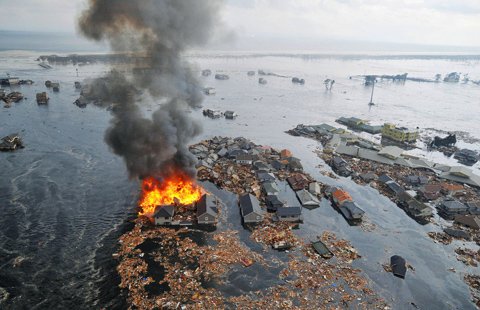
 World's deadliest earthquakes since 1900s
World's deadliest earthquakes since 1900s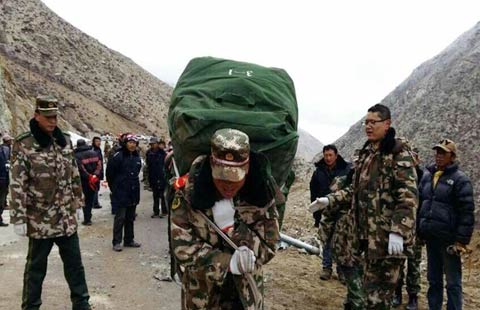
 Rescuers deliver relief supplies on foot
Rescuers deliver relief supplies on foot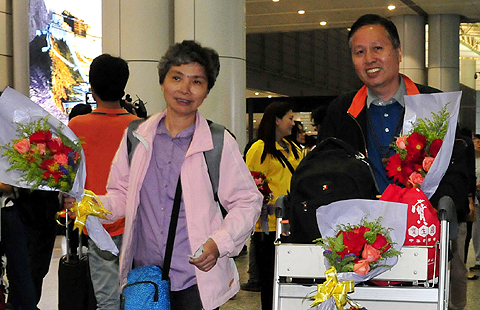
 China brings trapped nationals home from quake-hit Nepal
China brings trapped nationals home from quake-hit Nepal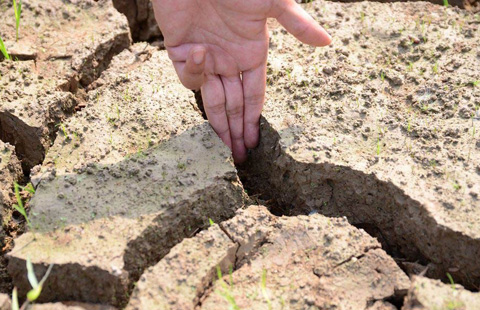
 Severe drought hits Southwest China
Severe drought hits Southwest China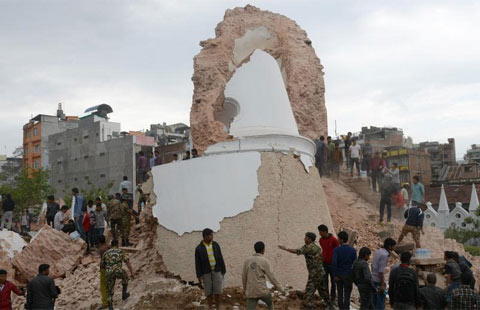
 History razed in Nepal earthquake
History razed in Nepal earthquake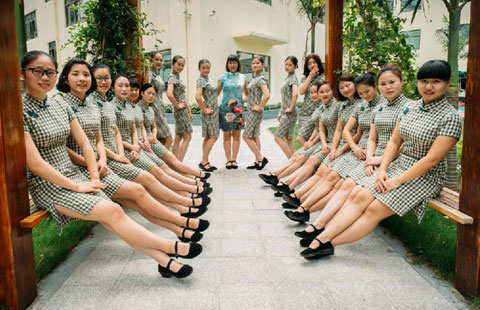
 'Chi-pao teachers' found in Guangdong
'Chi-pao teachers' found in Guangdong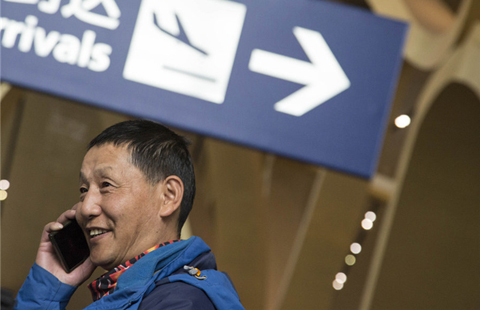
 Tourists evacuated from Nepal quake area arrive in Kunming
Tourists evacuated from Nepal quake area arrive in Kunming
Most Viewed
Editor's Picks

|

|

|

|

|

|
Today's Top News
Chinese, Koreans seek Japan apology
China rescue team starts work
Three US citizens among dead in avalanche after Nepal quake
Chinese rally across US to support NYC police officer under indictment
New publication will focus on China's energy industry
Abe's US trip: sense or sensibility?
China to overtake US in mobile gaming market
Nearly 2,500 confirmed dead in Nepal quake
US Weekly

|

|






